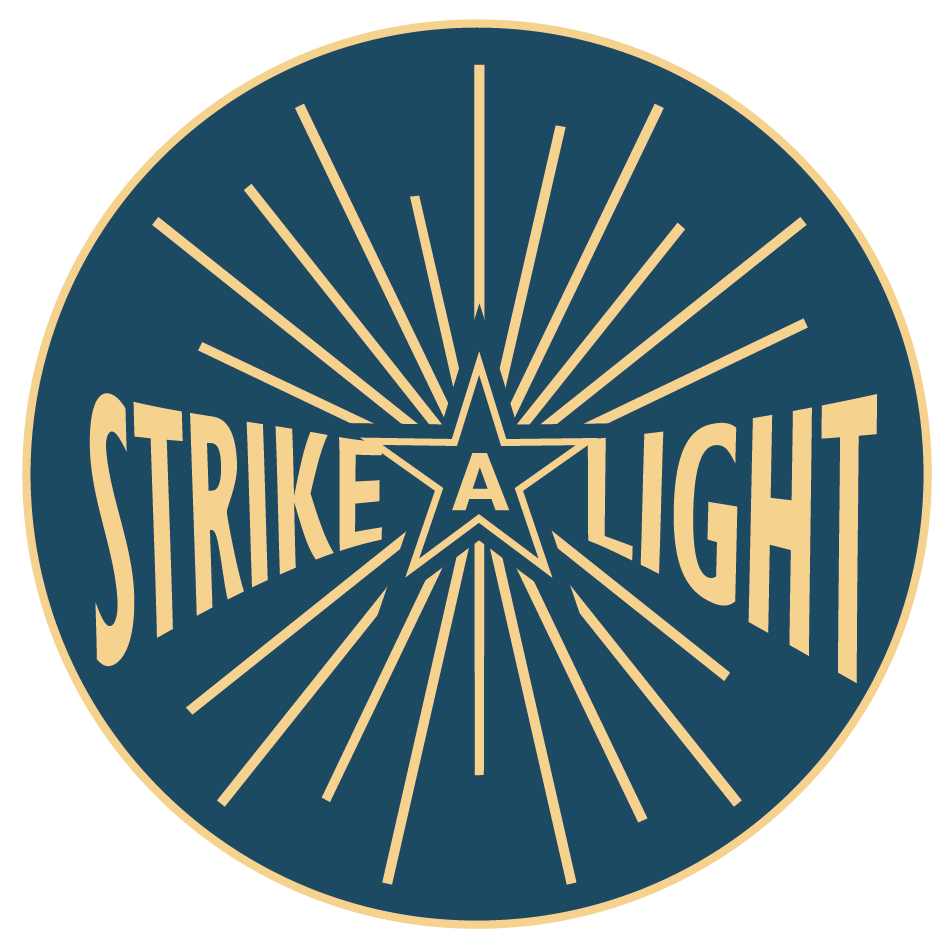Strike a Light – Arts & Heritage is pleased to announce a new community social history project led in partnership with the University of Brighton (Centre for Memories, Narratives and Histories). We will be delivering much of these activities in Hastings and St Leonards, East Sussex.
What is the project?
After being locked for 100 years the census taken in 1921 is now available to researchers and the public. The collected data sets and information capture a snapshot in time of the entire country. We are inviting people to join in, take part in uncovering fascinating history, and find out more about your heritage.

Free Workshop Dates
(All sessions on Tuesdays)
Group 1 – Southwater Community Centre, 6-7pm, 1 Stainsby Street St Leonards TN376LA.
- Tuesdays – 31st May and June 7th, 14th, 21st, 28th, and July 5th
Group 2 – Electric Palace Cinema 1.30 – 2.30pm, 39a High Street Hastings Old Town TN39 3ER.
- Tuesdays – 31st May and June 7th, 14th, 21st, 28th, and July 5th
Email: contact@strikealight.org to join the free Hastings and St Leonards sessions.
What’s involved in taking part?
- Saturday June 11th – at Southwater Community Centre, St Leonards will be a ‘meet up and chat’ from 10.30 am – 12.30 noon with local historian Lucy Daish accompanied by Hastings resident and artist Lorna Crabbe, who will both introduce some practical methods and creative ideas to help you create your own personal exploration of the census.
- We are looking through records for local connections to the great issues of the day in 1921. We will explore themes including: The effect of World War 1 on families and women such as disabilities; war widows orphans, women’s suffrage, migration and ethnic minorities. However, we can’t predict what we will find, and that is part of the process!
- Join six early evening workshops at the Southwater Community Centre or early afternoon at the Electric Palace Cinema, Hastings with like-minded history sleuths to discuss and share our research.
- Get FREE; advice, access to Find My Past, and research sites, tool kits, access to webinars and signposting.
- What will be the end product?
We will use images and text to collect and create resources for each participant by July. We will also work with an artist to create a piece of work inspired by these sessions and their findings too.
Plan to spend about 20 hours researching. You can spend more time if you like!
We will share resources and links to support these activities.
Upcoming Free Webinars & Conference
These are all free but booking required. There is an overview of all the events in the series here: https://bit.ly/3OYY4Wn
- Jewish Sussex in 1921 – Wed 8th June 10-12pm
- Suffragettes, Trailblazers, and War Widows (Women in the 1921 census) – Wed 22nd June 10-12pm
- Sussex 1921 (Research, Resources and Case Studies) – Friday 15th July 10-12pm
- Disability history conference at Jubilee Library, Jubilee Street, Brighton – Friday 1st July 11am-1pm
For webinar and conference information: contact@strikealight.org to find out more!
Why is the 1921 Census important?
This census year data is hugely important. It will reveal the devastating impact of World War 1 on families and the population. There was the huge loss of young men, (and family breadwinners), the wounded living with injuries and disabilities, widows, and orphans, plus the effect of the last global pandemic the ‘Spanish Flu’ of 1918. Society was undergoing seismic changes with women’s rights, jobs, industrial and economic turmoil and new technology and transport. There are many echoes to the upheavals of today.
Further information
Strike a Light – Arts & Heritage is pleased to partner once more with the University of Brighton’s Centre for Memory, Narratives and Histories to deliver a new series of workshops, training, schools’ activities, public talks and webinars on key themes around the 1921 census.
Between April – July 2022, we will be offering free activities to explore the themes and changes from the 1921 census which is now publicly available. We will look at up to date research and resources in open, free workshops, activities, webinars and public events which look at topics such as housing, health, work and family and shared skills for researching houses and family history.
Using Find My Past, the National Archives and other more regional archives such as The Keep and West Sussex Record Office, through this project, we will explore hidden histories from the census from 100 years ago.



